We all know that the healthcare industry is influenced by various technological trends that continue to shape its landscape, but here are ten significant technology trends that have a notable impact on the group health industry:
- Artificial Intelligence (AI) and Machine Learning (ML): AI and ML applications are transforming healthcare by analyzing vast amounts of data, assisting in diagnostics, predicting outcomes, and improving care management and personalized treatment plans.
- Internet of Things (IoT): IoT devices, such as wearable fitness trackers and remote monitoring sensors, enable real-time health monitoring, data collection, and analysis, enhancing preventive care and chronic disease management.
- Telemedicine and Remote Care: Telemedicine, as discussed earlier, allows remote patient consultations, monitoring, and virtual care delivery, enabling access to healthcare services without physical presence and reducing barriers to care.
- Big Data Analytics: The healthcare industry generates enormous amounts of data. Big data analytics facilitates efficient data management, analysis, and decision-making processes, leading to improved patient outcomes, population health management, and cost optimization.
- Blockchain: Blockchain technology offers secure and transparent storage and sharing of health data, enabling interoperability, data privacy, and improved security across healthcare systems, particularly in areas like patient records, claims management, and supply chain management.
- Cloud Computing: Cloud-based solutions enable healthcare organizations to store, manage, and share vast amounts of data securely. Cloud infrastructure also supports the deployment of applications, facilitates collaboration, and provides scalability and cost-effectiveness.
- Precision Medicine: Precision medicine leverages genomics, molecular profiling, and advanced diagnostics to tailor treatments to individual patients based on their genetic makeup, lifestyle, and environmental factors, leading to more targeted therapies and improved patient outcomes.
- Robotics and Automation: Robotics and automation technologies assist in surgical procedures, rehabilitation, medication dispensing, and repetitive tasks, improving precision, efficiency, and patient safety while reducing human errors.
- Virtual and Augmented Reality (VR/AR): VR/AR technologies find applications in medical training, pain management, rehabilitation, and patient education. They offer immersive experiences, simulate scenarios, and enhance medical visualization.
- Cybersecurity: With the increasing digitization of healthcare, robust cybersecurity measures are crucial to protect patient data, prevent unauthorized access, and ensure the integrity of health information systems.
These trends are continuously evolving and have the potential to significantly impact the group health industry, improving care delivery, patient outcomes, operational efficiency, and cost management. However, it’s important to note that each organization’s adoption and integration of these technologies may vary based on factors such as regulatory frameworks, infrastructure, and patient population needs.
At Fortress Health, we believe in this technology more than ever because it will improve patient care. Call us today at 336.654.0345 to find out how we can help get you affordable group health benefits and save you money!


